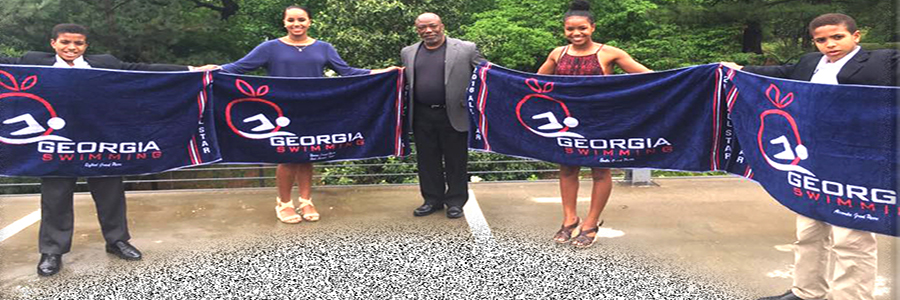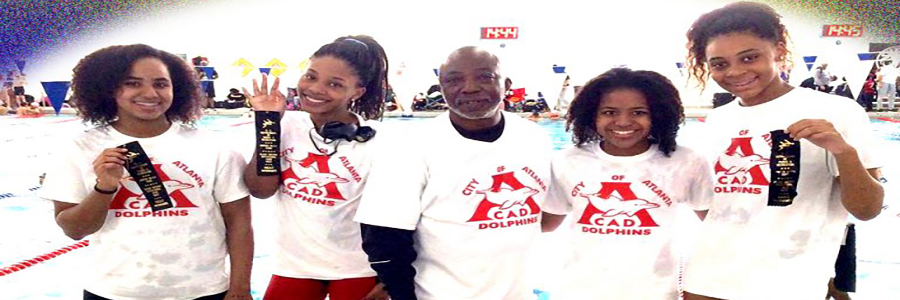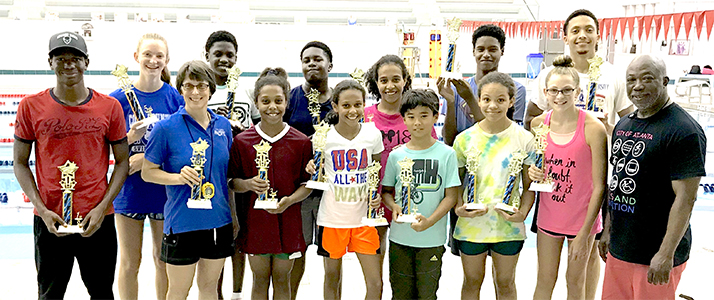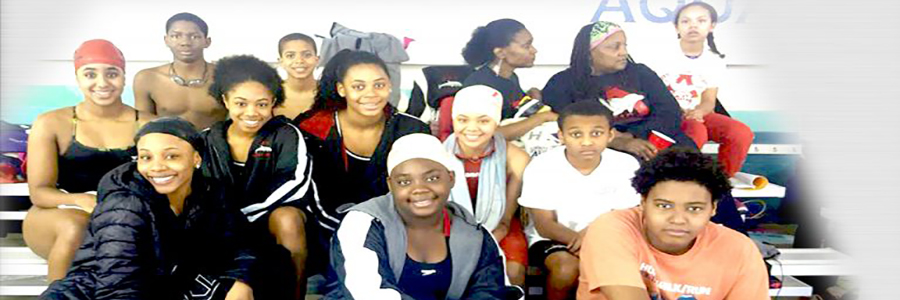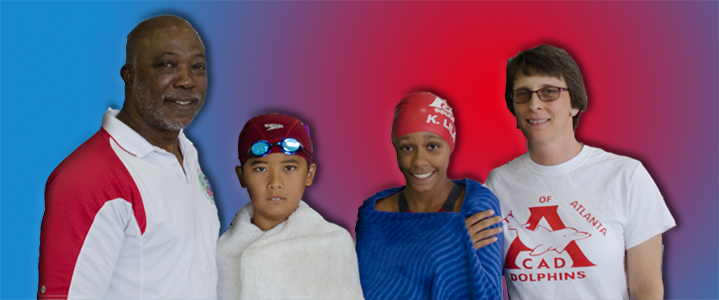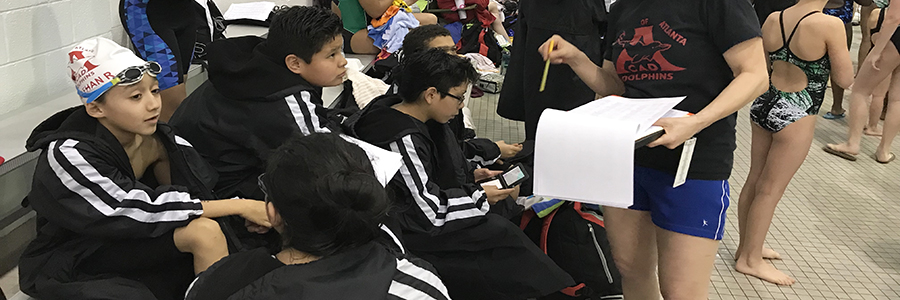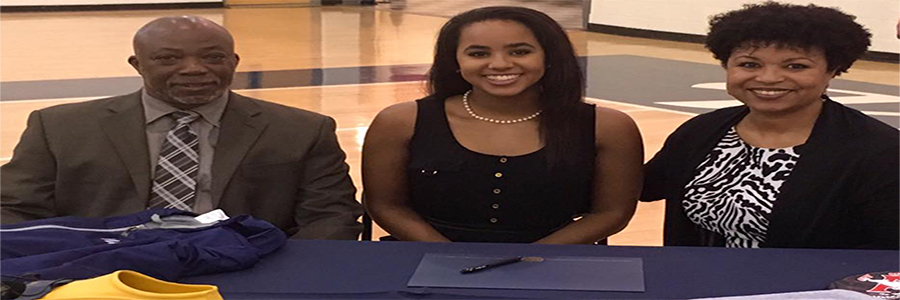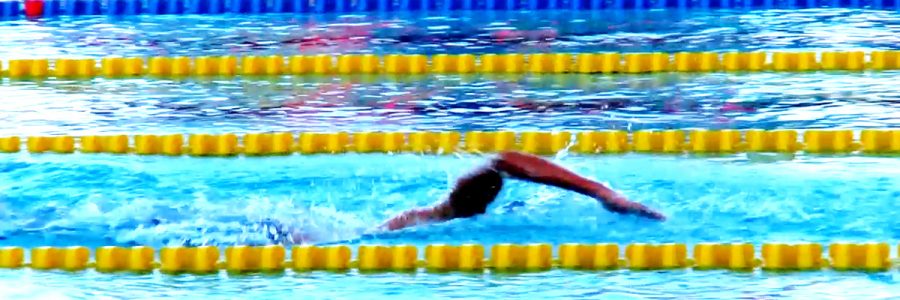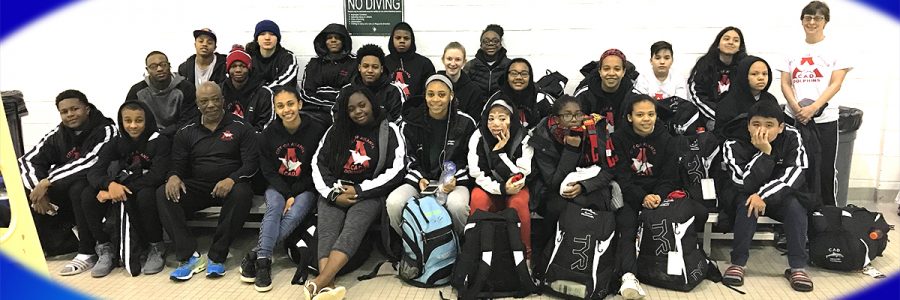Why Practice?
By Mr. Sabir Muhammad Senior
December, 1989
In 1959 Vince Lombardi was named coach of the Green Bay Packers, one of the most lackluster teams in the National Football League. The Packers had lost so many games that they had become accustomed to losing. Lombardi knew why the Packers were losers and he also knew what needed to be done to make them winners.
Lombardi imposed a very strenuous practice schedule for the team that was unlike anything ever seen in professional football. Those players that complained or ‘played around’ during practice were immediately replaced by players who wanted to overcome the image of losers.
Lombardi knew that in order for players to gain confidence and respect for themselves they would have to become a ‘disciplined’ team. Discipline in a team means a true respect for hard work and the ability to respond to a coaches’ instruction at the moment they are given. Discipline, Lombardi knew, could not be instilled on a loose group but could easily be imposed on a ‘team’. The Packers had been a loose group and Lombardi wanted a team.
Lombardi would not allow talking by anyone but coaches at practice. He would not tolerate a player taking practice lightly and he knew that the players own performance would be enough to make them realize the importance of practice.
Practice develops the mind to the point of knowing the limits of the body. Practice developed endurance. The Packers before the arrival of Lombardi could play with anyone for one quarter of any game they were in, but unfortunately for them the game had 3 quarters left.
When you see a swimmer lead for the first lap of a race and then come in well behind the eventual winner, you should know that difference between the winner and the loser was decided in practice well before the event.
All of the Dolphin swimmers need their coaches. After they have competed in the Olympics they can develop their own schedule for training and work on what they think is best for their performance-until then team practice for each individual swimmer is essential.
Those who have followed the Dolphins for the past few years are witnessing the same phenomenal transition of a loose group into a team (Didn’t you feel good cheering for Dolphins in Savannah and Augusta). Whereas just a few years ago we were only cheering to encourage the swimmers, now we cheer their outstanding accomplishments.
Parents should not send their children to practice if they are not going to practice. This can cause an unneeded distraction to those team members who came to practice. (This includes those swimmers who may suffer from any number of aliments-real or imagined, because the practice time should be used for serious development.)
Oh yes, in Lombardi’s second year Green Bay won the western Conference of the NFL and the Packers won the league championship in 1961-63 and 1965-67, and defeated Kansas City and then Oakland in 1966 and 1967 Super Bowl games.

